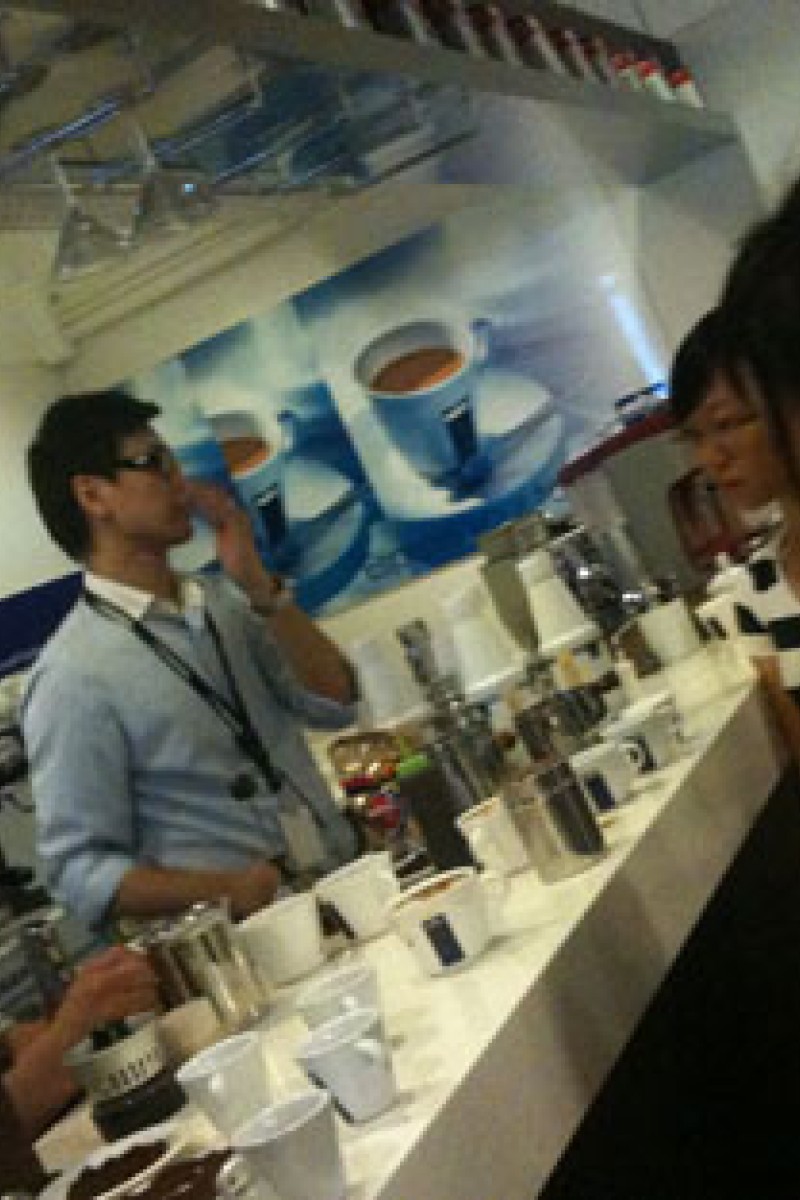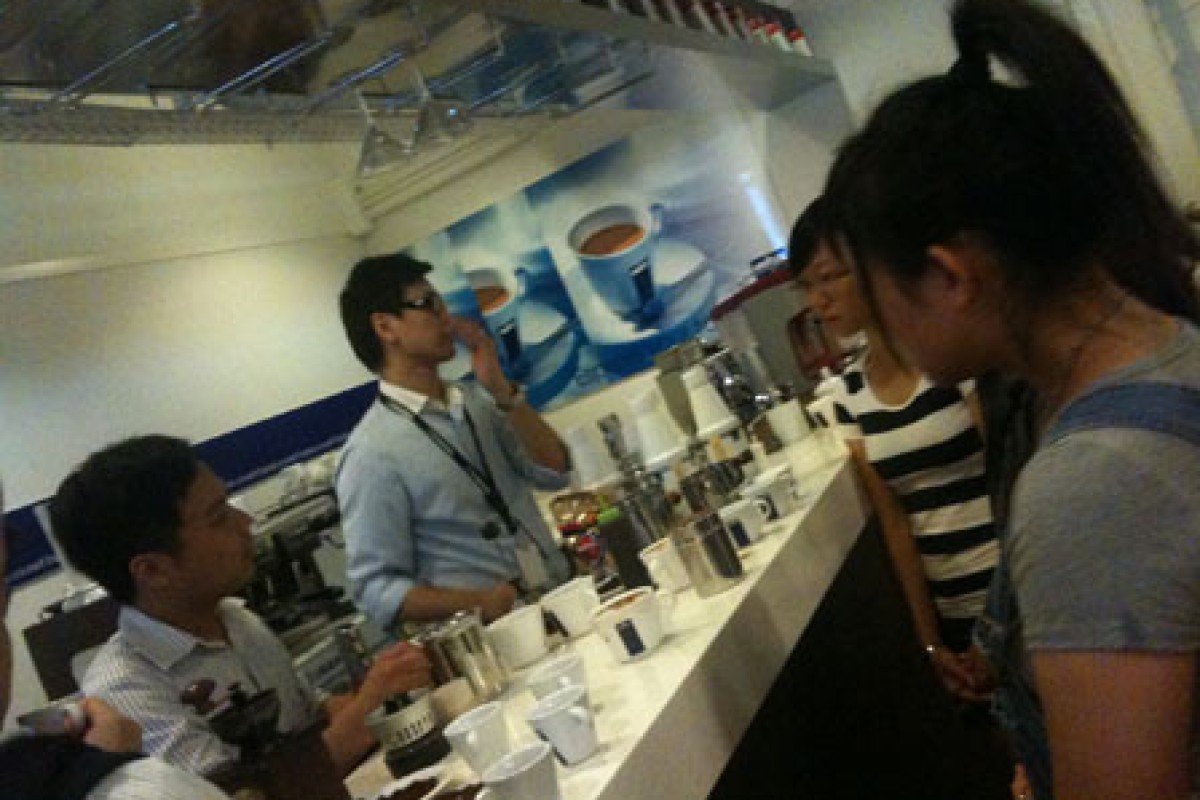
Bittersweet truths - just like life
Coffee is a treat most of us enjoy. A group of YP readers get a taste of what the industry means to the people of the planet we live on

Besides the technical aspects of coffee preparation, they learned to create their own latte art - a pattern or design on the surface of their drink. They had a great time exploring the secrets of coffee and here they share the bittersweet truths they discovered.
Wong Ngai-ying, 16
Coffee originated in South America. About 1,000 years ago, South Americans discovered that coffee beans could help keep them awake. They started to sell the product, and now people all over the world drink coffee.
Cheung Ka-yan, 17
I love mocha coffee but I know very little about the drink. So the workshop was a good experience. We learned about the origins of coffee, the manufacturing process and the difference between two varieties of coffee - arabica and robusta.
We decorated our drinks using simple tools such as toothpicks and moulds. I drew patterns on the foamy milk layer on top and decorated it with chocolate cream and powder.
Lo Kwun-ngan, 17
Coffee originated in South America and is now the second biggest trading commodity in the world. Coffee might be delicious but its production could be contributing to the destruction of the earth.
Chesna Fung, 17
The cup of coffee that you get from a supermarket, cafe or vending machine could play a role in destroying the environment. Also, there are unfair business practices in the coffee trade. Farmers use vast amounts of chemicals to increase their harvest, causing air, water and land pollution. The chemicals that enter rivers and lakes could end up in our food chain, leading to serious health problems.
Coffee is a multimillion-dollar industry but most of the profits go to the companies. They buy coffee beans from farmers at a very low price and make a lot of money. Farmers face a big problem when their crops fail. Some of them earn as little as US$30 per month. So the next time you order an espresso or a latte, think about the stories behind your drink. Check the label on your coffee and make sure you are not helping to destroy the environment or exploit poor farmers.
Lai Tsz-chung, 19
I learned how to make an amazing cup of coffee and about the effects the industry has on other people's lives. The coffee trade is helping to keep a lot of people alive. But the profits are not shared equally. Those who actually work very hard to grow the coffee beans are very poor. We must help improve their quality of life by supporting fair trade.
Cheung Tsz-yau, 17
Unlike most young people who enjoy milk tea, my favourite drink is espresso. Milk tea is very cheap so it is more popular than coffee among locals.
Nola Yip Ming-wong, 13
Two experts explained the origins of coffee, and described the journey from plant to cup. They talked about different coffee beans and - in the most magical part - showed us how to make a perfect drink with a unique aroma. The workshop also introduced us to 'coffee art'. We learned how to create different shapes - leaves, hearts or spiders - in the foam on top of a cup of coffee. Coffee has a bittersweet taste. It's just like life, where you have to work hard before you achieve success.
<!--//--><![CDATA[// ><!-- PDRTJS_settings_2555416 = { "id" : "2555416", "unique_id" : "default", "title" : "", "permalink" : "" }; //--><!]]>